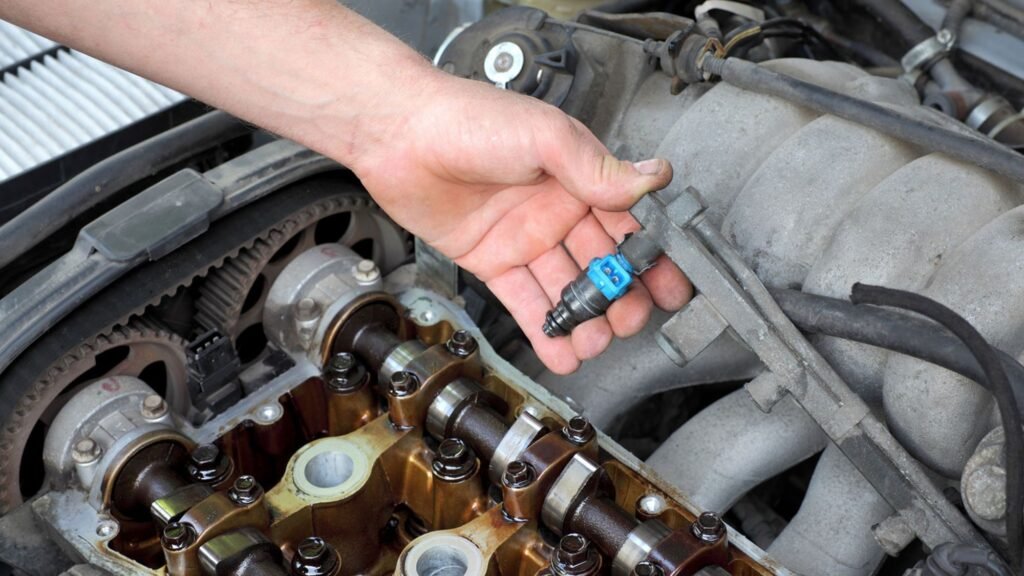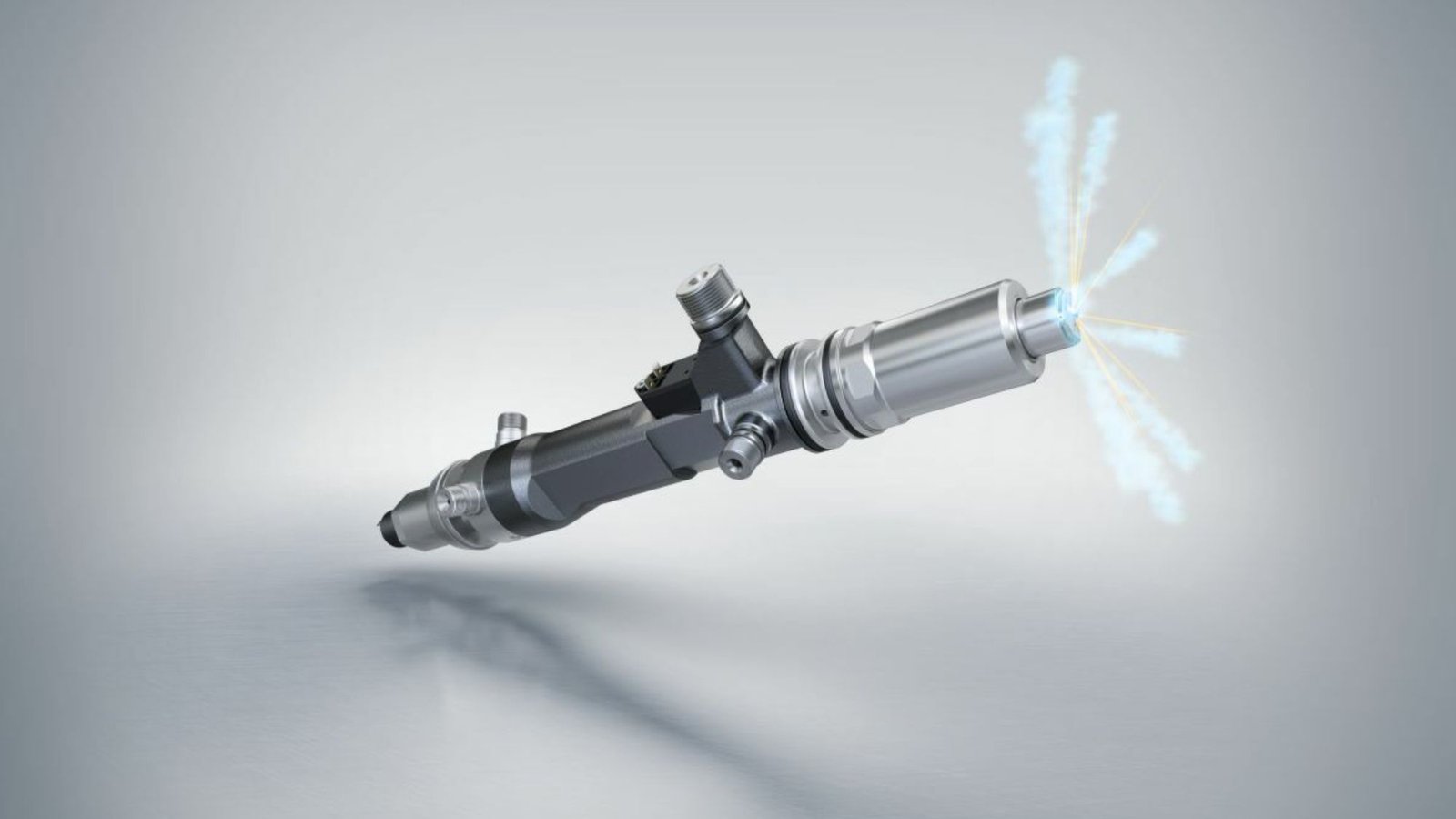Modern internal combustion engines depend on fuel injectors, which are essential parts since they control the proper fuel intake into the burning chamber. They guarantee lowest emissions, fuel economy, and best engine performance. Still, gasoline injectors can fail over time for a variety of reasons, just as any mechanical component.
Common Causes of Fuel Injectors Failure:
Fuel injectors can fail due to mechanical problems, wear and tear, improper injector cleaning, and pollution among other things. Correct diagnosis and treatment of injector issues depend on an awareness of these factors.
Contamination and Debris Build-Up:
Contamination is one of the main causes of fuel injector malfunction. Injectors may be clogged by dirt, rust, and other fuel system waste, therefore hindering their proper fuel delivery. Often entering the fuel system through damaged or low-quality fuel filters, contaminants cause injector failures.
Wear and Tear:
Fuel injectors naturally wear out with time. Extended use might cause internal components—like the pintle and nozzle—to get worn or broken. Performance problems might result from this wear compromising the accuracy and efficiency of the injector’s fuel spray.
Faulty Electrical Connections:
Electronic components are fuel injectors. Problems with wiring or faulty electrical connections might disturb the signals delivered to the injectors, therefore rendering them malfunctioning. Additionally causing electrical failures are problems with the engine control unit (ECU) or the injector driver circuit.
Injector Sealing Issues:
The injectors maintain appropriate pressure and stop gasoline leaks by depending on O-rings and seals. These seals can degrade over time, causing leaks and worse fuel economy. Further affecting engine performance is the mixing of fuel with engine oil brought on by injector sealing problems.
Improper Fuel Pressure:
Fuel injectors run best just within the manufacturer’s specified range of fuel pressure. Inappropriate fuel pressure resulting from a malfunctioning fuel pump or a clogged fuel filter will compromise the performance of the injector and produce problems including poor acceleration and rough idling.
Injector Calibration Problems:
To guarantee they deliver the right amount of gasoline, injectors must be calibrated. Either manufacturing flaws or incorrect maintenance modifications might cause calibration issues. Inaccurate calibration of injectors can cause problems with engine performance and fuel supply.
Diagnosing Fuel Injector Problems:
Correct diagnosis of fuel injector issues calls for a methodical technique combining visual inspection, symptom identification, and diagnostic testing. This is a detailed walk-through instruction for identifying injector problems.
Identifying Symptoms of Fuel Injector Failure:
Fuel injector failure usually manifests as poor engine performance, rough idling, lower fuel economy, and higher emissions. Drivers may also run across engine misfires or engine starting problems. Early identification of these symptoms aids in the identification of the underlying problem.
Conducting a Visual Inspection:
Examining the fuel injectors closely visually will help one find indications of exterior damage or leaking. Look for fuel stains near the injector location; these can point to a leak. Look for wear or corrosion on the electrical connectors and wire.
Performing a Fuel Pressure Test:
A gasoline pressure gauge will enable one to ascertain whether the fuel system is running within the proper pressure range. Check the findings against manufacturer guidelines. Low or erratic pressure can point to problems with the pressure regulator, fuel pump, or filter.
Using Diagnostic Scanners and Tools:
Onboard diagnostics (OBD) systems, which can offer insightful data about fuel injector performance, are common features of modern cars. Search for fuel injector related fault codes using a diagnostic scanner, then examine the data to find any problems.
Conducting an Injector Balance Test:
Measuring the performance of every injector helps to guarantee that they distribute fuel equally. This test can point up injectors that are malfunctioning. Variations in fuel supply can suggest which injectors could be broken.
Ultrasonic Cleaning of Injectors:
Should contamination be suspected, ultrasonic regular servicing can assist injector function be restored. High-frequency sound waves in this cleaning operation help to clear injector nozzles of trash and build-up. Test the injectors to guarantee they are running as they should after cleaning.
Replacing Faulty Fuel Injectors:
Manytimes replacement is required if a fuel injector is discovered to be defective or beyond repair. Maintaining best engine performance depends on replacement injectors matching the characteristics of the original ones. Dealing with any underlying problems that might have caused the injector failure is also absolutely vital.
Preventive Maintenance and Best Practices:
Preventing fuel injector failure calls for both excellent practices and consistent maintenance. Use premium petrol and replace the manufacturer’s advised fuel filters. To save expensive repairs, routinely check the fuel system and take quick care of any problems.

Conclusion:
Failure of fuel injectors can seriously affect engine performance, fuel efficiency, and pollutants. Knowing the typical reasons of injector failure and applying a comprehensive diagnostic strategy will assist to properly handle problems. Timeliness of repairs and regular maintenance will guarantee that your fuel injectors run as they should, therefore improving the driving experience.






